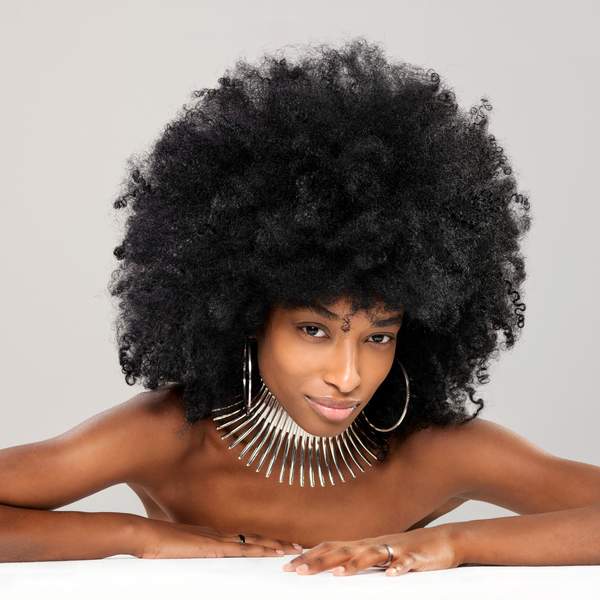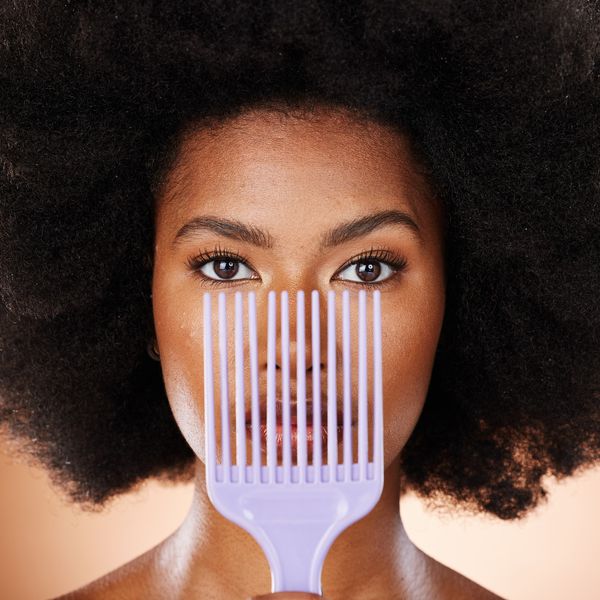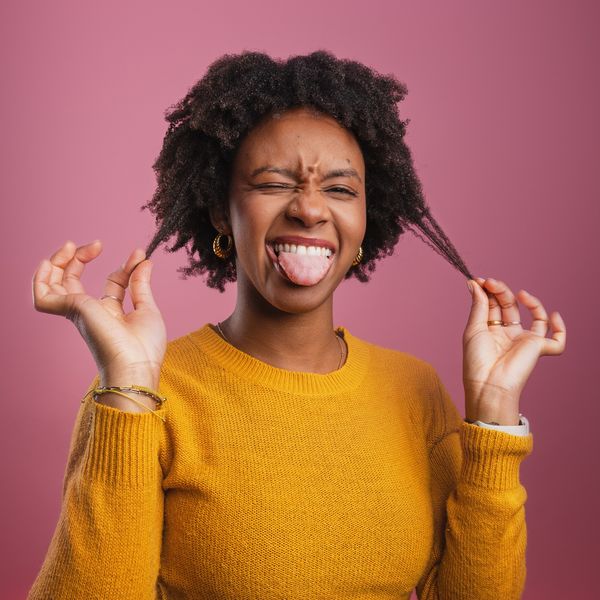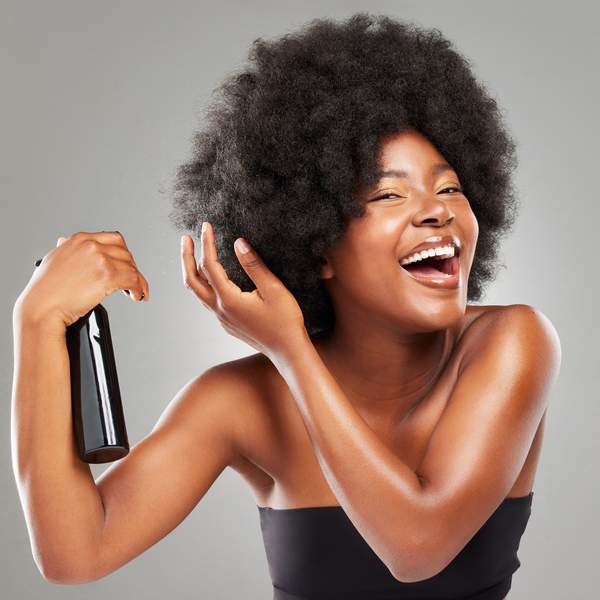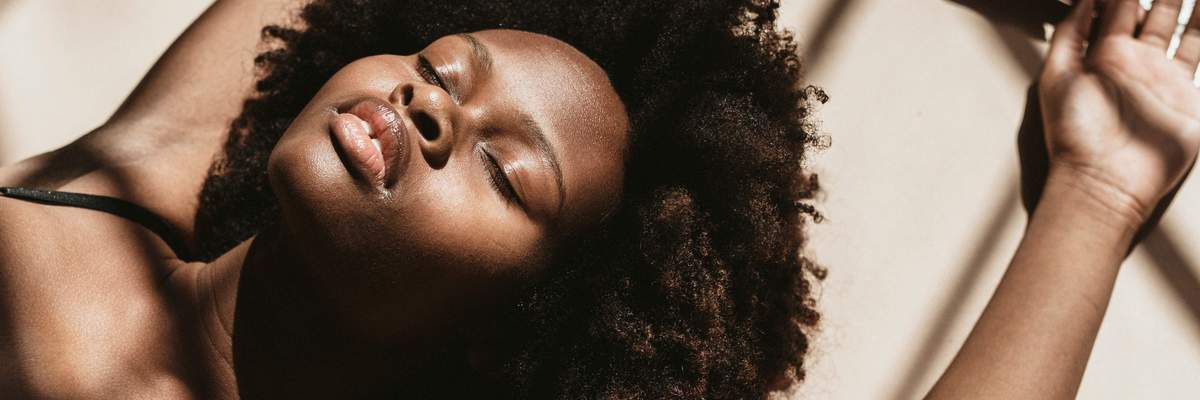When it comes to achieving long hair, two things that more of us in the Black community need to stop saying (or believing) are 1) our hair cannot gain some super serious inches (lies!) and 2) once our hair appears to not be able to get past a certain length, it has actually “stopped growing” (more lies!).
The reality is, so long as you’ve got hair that’s coming out of your scalp (well, technically your hair follicles), your tresses are absolutely growing. At the same time, if not having the type of length retention that you’d like is your issue or you’ve hit what is known as a “growth plateau” that typically has to do with something else (other than genetics, although, that oftentimes plays a role in the speed of growth more than anything else). Something else like what?
Overmanipulating your hair via your styling practices. Applying too much heat. Using products that dry out your hair (including chemical relaxers and permanent hair dyes). Not making sure to baby those ends of yours.
And do you know what else can keep your hair “stuck” at the neck, shoulder, or even well past bra strap length? Not getting the proper nutrients in your system — because, indeed, no matter what you put on top of your hair, it’s ultimately not going to matter all that much if you’re not making sure that your body is receiving the proper nutrients that your tresses need…so that your hair can be strong and healthy from the inside out.
So, if you have had your hair at basically the same length since, chile who knows when, it’s time to take a moment to ponder if you’re getting enough of the following 10 nutrients into your system.
10 Nutrients for Hair Growth
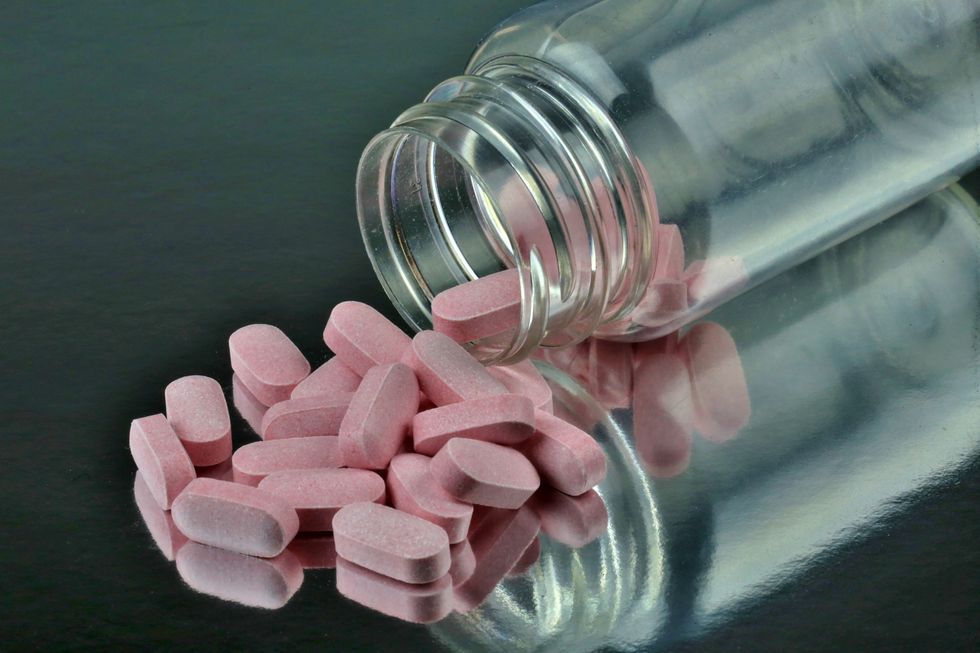
Getty Images
1. Vitamin B12
If you seem to feel tired and drained, no matter how much rest you get, or lately you can’t seem to remember or retain information, it could be a sign of a vitamin B12 deficiency. Know what else is: excessive hair shedding, weak hair follicles, and premature graying (check out “This Is How To Naturally Treat Premature Greying”). So, if you don’t currently take a multivitamin supplement, this is a good reminder to get one and to make sure that it provides you with around 2.4 micrograms of vitamin B12 per day. Your body, from head to toe, will thank you.
2. Biotin
One of the main reasons why you need some biotin (which is vitamin B7) in your body is because it helps to turn food into energy. Also, if you’re pregnant, it’s a very necessary nutrient for your ever-growing baby.
As far as your hair goes, biotin is beneficial because it can help to restore hair loss. And, since it also helps your system to create the protein keratin (and your hair is made up of mostly that), it can be beneficial as far as growing stronger hair (and nails) too. Personally, since I’ve incorporated this into my daily vitamin regimen, I’ve noticed a lot less hair in my detangling brush — significantly so.
3. Iron
You may have heard somewhere that we (Black people) deal with low iron in our blood more than white folks do — and while science is still trying to get down to the (pardon the pun) root of why, that is indeed the case. That said, something that I recently discovered is that even once someone is diagnosed with having low iron, over 60 percent of people continue to have it as much as three years later. This is alarming because, in order for your blood cells to be healthy, they need iron; there is no way around that.
And, the reason why all of this is relevant to this article is, when iron gives your cells the protein that they need, that can help to feed your hair follicles and prevent hair loss. In fact, a telling sign that you may be anemic (whether you know it or not) is if your hair is excessively shedding or you’re not seeing much growth progress as far as your tresses are concerned.
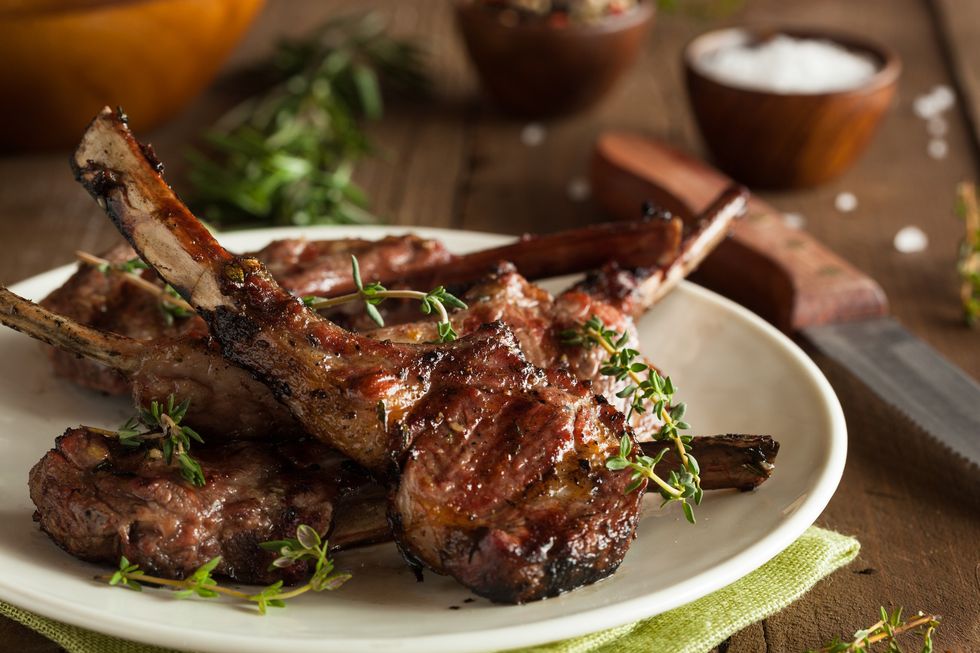
Getty Images
4. Omega Fatty Acids
If you wanna take care of your heart, make your vision stronger, reduce bodily inflammation, decrease asthmatic-related symptoms in your children, and reduce feelings of depression and anxiety — these are just some of the reasons to get some omega fatty acids into your system. As a supreme bonus, your skin and hair will adore them because they help to reduce UV damage, can help to heal acne and yes, they’re even known for accelerating hair growth. Some health experts even say that omega fatty acids can make your hair strands thicker over time as well.
5. Foods High in Protein
Wanna lose weight? Consume more protein. Get your metabolism up? Consume more protein. Increase muscle mass? Consume more protein. Have hair that is thriving on every level? Yep, you’ve already guessed it: consume more freakin’ protein. Since your hair is made up of mostly protein (keratin), if you want to keep it in great shape, it makes all the sense in the world that you would need to incorporate (more) protein into your diet. Foods that are packed with protein include lamb, turkey, almonds, Greek yogurt, and quinoa (also check out “Vegetarian Or Vegan? Check Out These High Protein Foods.”).
6. Foods High in Vitamin E
If you want to reduce oxidative stress, strengthen your lungs, make your periods more manageable, reduce the fat that your liver collects, and/or deeply hydrate and soften your skin, you definitely need foods that contain vitamin E in your life. Some of those include salmon, red peppers, wheat germ oil (it’s got a ton!), almond oil, and avocados. Every time that you take in any of these things, you know that your tresses are happy; that’s because vitamin E also maintains scalp health, helps to prevent hair loss, and keeps your locks nice and shiny (from the inside out) too.
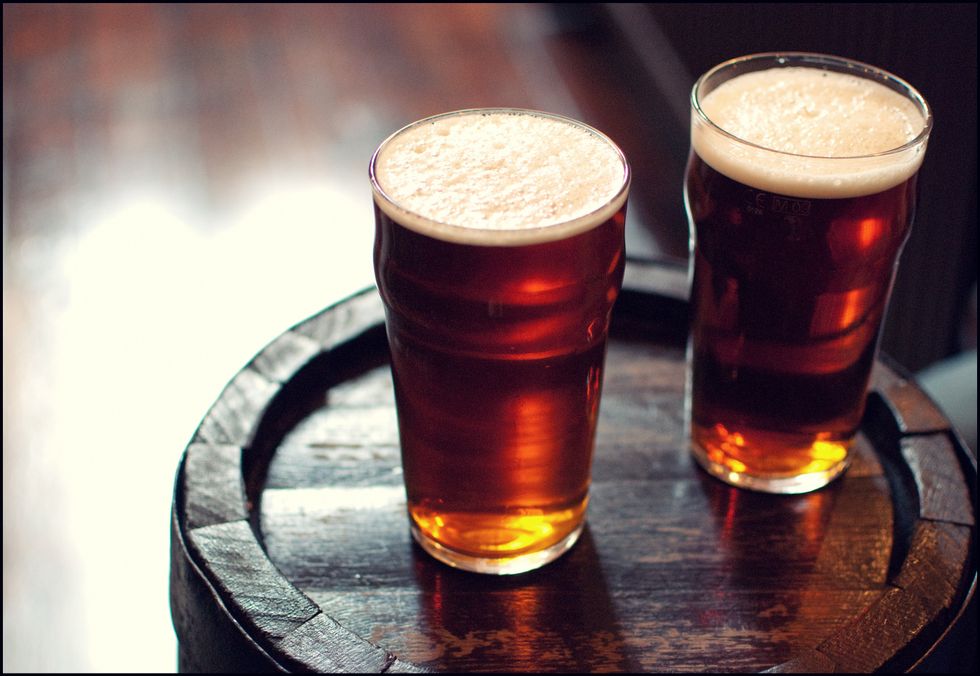
Getty Images
7. Foods High in Vitamin C
The powerful antioxidants that are found in vitamin C are great for keeping your immune system strong. Vitamin C is also beneficial as far as helping to manage your blood pressure, helping to prevent anemia (by helping your body to process iron more effectively), and keeping your cells healthy overall. Since vitamin C, in pretty much every form, helps with the production of collagen, it’s also a nutrient that fights premature aging in your skin along with making your hair stronger and less prone to breakage.
8. Foods High in Zinc
A nutrient that strengthens and heals is zinc. The reason why I say that is because it can boost your immunity, treat acne, and speed up the healing process of (minor) ulcers. When it comes to what zinc can do for your hair, specifically, it helps to restore damaged hair follicles and it can help to prevent hair loss before it even happens. Foods high in zinc include red meat, pumpkin seeds, eggs, whole grains, and dark chocolate (so long as it has a high amount of cacao, which is a more unrefined type of cocoa, in it).
9. Foods High in Silica
What is silica? Basically, it’s a compound that is made up of both silicon and oxygen. The reason why you need it is because it helps with bone and joint health, it rebuilds collagen levels in your body, it can aid in balancing out your hormones and it’s great for cultivating glowing skin.
Your hair will thrive with the assistance of silica because it strengthens your hair follicles and reduces hair breakage which is always what you need to get over your hair growth plateaus. Foods that are a good source of silica include dark leafy greens, oats, melons, cucumbers, and even beer, chile.
10. Fruit-Infused Water
When you get a chance, please check out “10 Overlooked Signs That You're Dehydrated.” With over 75 percent of Americans continuing to be dehydrated, it’s important to know what indicates that you may be since you definitely need water in order to keep your system running at an optimal level. As far as your hair goes, when it’s not hydrated enough, your scalp can become dry and itchy, your hair can become brittle, your locks can lose volume and it’s definitely more vulnerable to split ends.
That said, y’all, I make it no secret that water tastes like wet air to me. Still, I know that I need it and so, the way that I get more of it into my body is by either drinking sparkling water (with some fruit juice in it) or making some fruit-infused water which is literally water with some fresh fruit (and/or veggies and/or herbs) added in. Fruit-infused water is dope because it can hydrate you and get you some extra nutrients at the same time. For some delicious recipes, go here, here and here.
___
Hair growth plateaus? For most of us, it’s common. However, you don’t have to settle for them. Giving your hair some TLC, being super gentle with your ends, and taking all of what I just said, nutrient-wise, seriously — it can get you past having hair at the same length (which basically means that it’s breaking off about as fast as its growing) and into a totally new growth phase. It’s possible. Stay focused.
Let’s make things inbox official! Sign up for the xoNecole newsletter for love, wellness, career, and exclusive content delivered straight to your inbox.
Featured image by Photology1971/Getty Images



